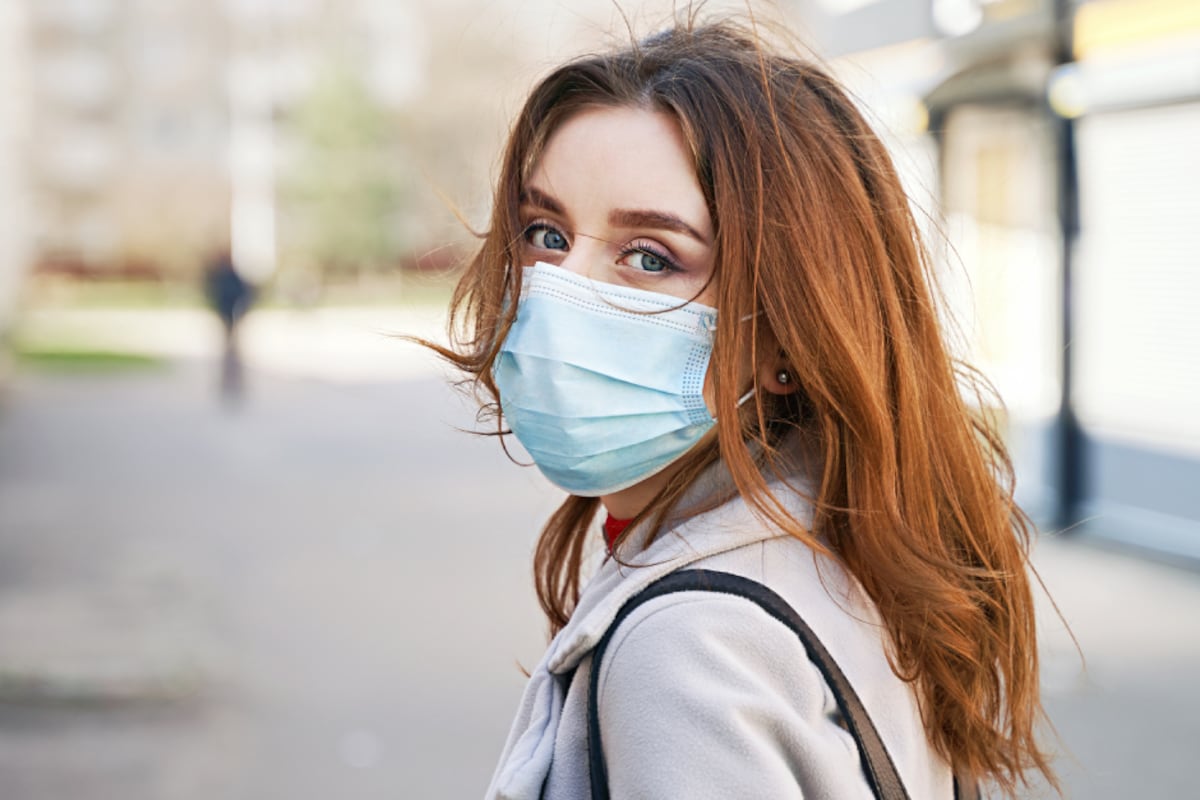Public health, explained: Sign up to receive Healthbeat’s free Atlanta newsletter here.
While severe respiratory disease cases in Georgia have subsided significantly over the past few months, some early signs indicate the state could soon see a rise in Covid-19 infections.
Compared to the previous few winters, Georgia saw a relatively low number of hospitalizations and deaths related to the disease. But state wastewater data, which can help predict those two health outcomes, from the Centers for Disease Control and Prevention show an uptick in Covid-19 levels that is nearing the highest estimates of this year.
The virus more responsible for hospitalizing Georgians over the past few months has been the flu. Since October, it’s hospitalized more state residents than Covid and respiratory syncytial virus combined, according to data from the CDC.
But unlike Covid, flu and RSV measures from the Atlanta-based health agency indicate that new cases of the respiratory viruses continue to decrease as the winter turns to spring. As of the first week of March, new Georgia hospitalizations for the flu have dropped about 70% since the beginning of February.
Although it’s been responsible for less hospitalization this year, Covid-19 continues to be more deadly than flu. Since December, the virus has killed over 200 state residents, according to the CDC. In contrast, the Georgia Department of Public Health reports there’ve been 124 Georgia flu deaths since October.
The most recent surveys from the CDC estimate that between 13% and 18% of Georgia adults have received an updated Covid-19 vaccine for the 2024-25 respiratory virus season. That’s lower than the national average, which the agency puts at around 23%.
Allen Siegler is a reporter covering public health in Atlanta for Healthbeat. Contact Allen at asiegler@healthbeat.org.







